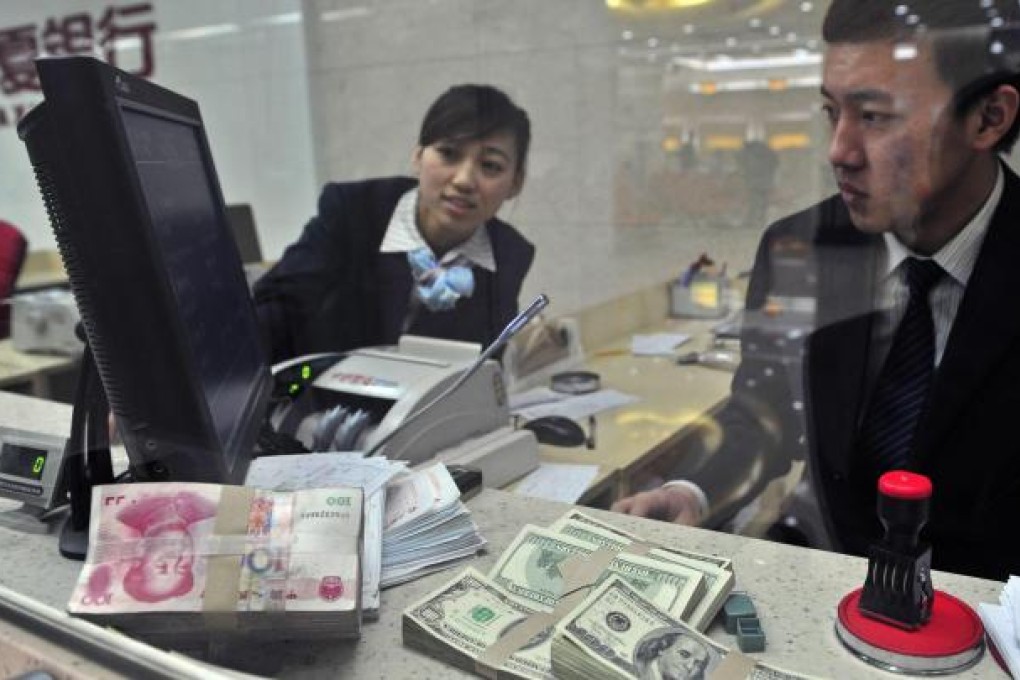Huaxia scandal spotlights China's Ponzi crisis
Without tight financial regulation, risky wealth products are thriving on the mainland and could spark a liquidity crisis

It is an all-too-familiar tale. Depositors trust a bank with their cash in the hope their wealth will be managed well, only to find that the money has evaporated at the end of the agreed term.
In the latest scandal to rock China's banking industry, dozens of depositors lost their multimillion-yuan investments in a "wealth management product" (WMP) sold at a Shanghai branch of Huaxia Bank.
The sorry saga was a rude reminder that Ponzi schemes thrive on the mainland, where millions of residents still believe that banks are the safest havens for their lifelong savings.
On Tuesday evening, more than 40 depositors protested against alleged malfeasance by Huaxia Bank at an outlet in Jiading district in Shanghai.
They vented their anger at the bank after being informed that Zhongding Wealth Investment Centre, which issued a WMP to them last year, would be defaulting on its repayment to them.
"Huaxia is a state-owned bank, and to some extent, it is doing business under the government's directions," an investor surnamed Gong said. "How can we trust the government and the Communist Party … now that a state-owned bank refuses to pay our money back?"